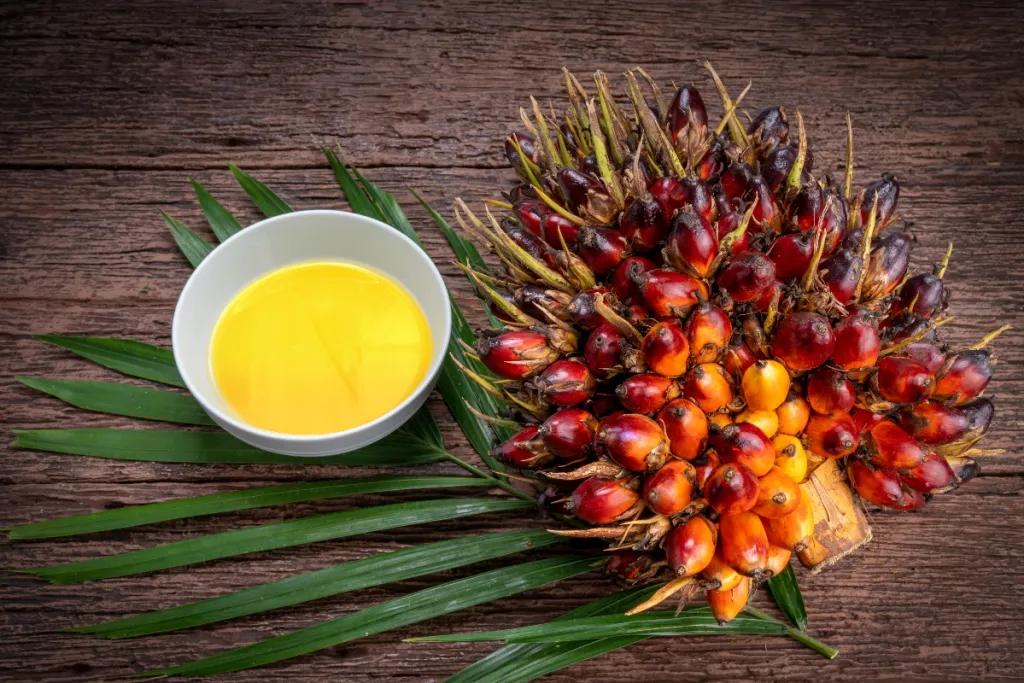US Tariff Aftermath: Indonesia Can Lose Its Palm Oil Market to Malaysia

Indonesia might lose its palm oil market to Malaysia if Jakarta fails to get a tariff lower than that of its close neighbor in its negotiations with the US government, according to a producers’ association.
In his new round of tariffs announced last week, US President Donald Trump decided to keep the import duties on Indonesian goods unchanged at 32 percent. Trump, however, decided to raise the levy on Malaysian imports by a percentage point in his poorly formatted letter. Even so, what Malaysia gets is still much lower at 25 percent.
Indonesia and Malaysia account for 80 percent of the total global palm oil production. The United States also buys palm oil from these two ASEAN countries. While there is still time for negotiations until August 1, the Indonesian Palm Oil Association (Gapki) is keeping its fingers crossed that Jakarta will end up with a tariff lower than Malaysia.
Both countries are currently subject to a 10 percent baseline tariff that will only rise to the aforementioned steeper figures if they fail to reach a deal with Trump’s team.
Fadhil Hasan, the international affairs head at Gapki, said Tuesday that about 85 percent of the US palm oil imports came from Indonesia.
“So if Trump proceeds with the tariffs, the US will, of course, import CPO more from Malaysia than Indonesia. That’s what we are concerned about,” Fadhil told a forum held by B-Universe Media Holdings in its PIK 2 headquarters.
Gapki data showed that Indonesia’s US-bound palm oil export reached 2.2 million tons in 2024, worth approximately $2.9 billion.
Official statistics showed that Indonesia’s overall palm oil export reached $8.9 billion between January and May 2025. Volume-wise, Indonesia sold about 8.3 million tons of palm oil over the said period. Pakistan, India, and China remained Indonesia’s top buyers. News agency Bernama reported that Malaysia sold 191,000 tons of palm oil to the US last year.
The looming tariffs had sparked discussions on the need to expand into new markets, something that Gapki acknowledged.
Indonesia recently made major progress in its Comprehensive Economic Partnership Agreement (CEPA) negotiations with the European Union (EU). Both sides had reached a political agreement to finalize the CEPA by September.
While this is good news for Jakarta’s diversification attempt, Fadhil said that the CEPA had yet to fully resolve the EU’s non-tariff barriers that had been haunting Indonesia’s palm oil industry. The businessman alluded to the bloc’s anti-deforestation law that would require operators to prove their palm oil did not come from deforested land before they could enter the European market.
Gapki also called on Indonesia to strike a trade pact with other markets like Turkey — something that the government had already been working on.
“Trade diversification is a must amidst Trump’s tariff threat and the EU’s unfinished non-tariff measures. We can diversify our palm oil exports to African and Mediterranean countries. Perhaps, we can push for a trade pact with Turkey. Back then, Turkey primarily imported [its palm oil] from Indonesia, but we lost our market to Malaysia, simply because it has a free trade agreement with Ankara,” Fadhil said.
The trade pact was something that President Prabowo Subianto had discussed with his Turkish counterpart, Recep Tayyip Erdoga,n back in February. The two leaders expressed their intention to develop a limited preferential trade deal by 2026. They are also eyeing a CEPA-level treaty that was expected to cover more aspects in economic relations.
Malaysia’s free trade agreement with Turkey entered into force in 2015.
For almost 30 years of expertise in the agri markets, UkrAgroConsult has accumulated an extensive database, which became the basis of the platform AgriSupp.
It is a multi-functional online platform with market intelligence for grains and oilseeds that enables to get access to daily operational information on the Black Sea & Danube markets, analytical reports, historical data.
You are welcome to get a 7-day free demo access!!!
Write to us
Our manager will contact you soon



